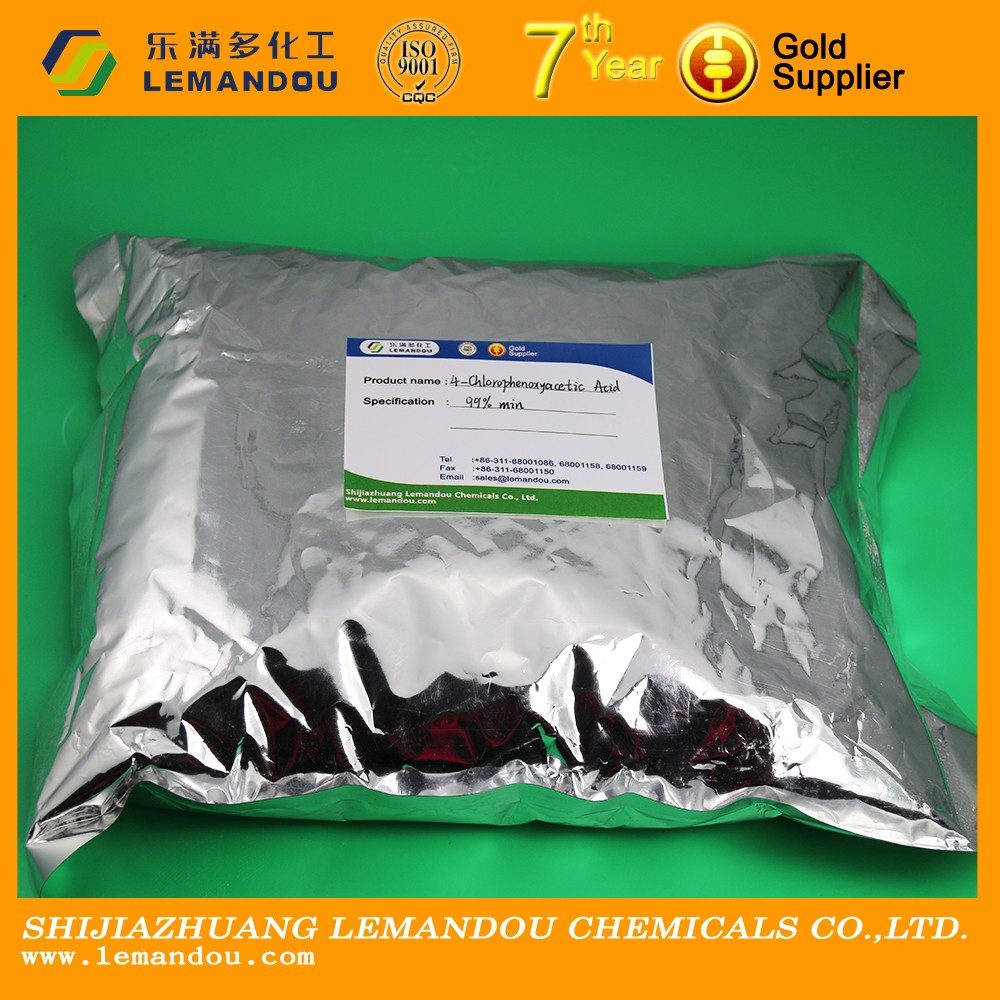4-Chlorophenoxyacetic acid (4-CPA) is a synthetic compound that belongs to the phenoxy acid class of herbicides. It is primarily used in agricultural practices for its ability to regulate plant growth and control unwanted plants. As a plant growth regulator, 4-CPA mimics the effects of natural auxins, hormones that play a key role in plant development.
The chemical structure of 4-CPA consists of a chlorophenyl group and an acetic acid moiety, which contributes to its herbicidal properties. This compound is particularly effective in promoting cell elongation and division, making it valuable in a variety of horticultural applications. Farmers and agronomists often utilize 4-CPA to increase crop yields and improve the overall health of plants.
In addition to its agricultural uses, 4-CPA has also attracted attention in the research community. Studies have explored its potential effects on different plant species, examining how it affects growth patterns, flowering, and fruit development. The compound’s ability to modulate plant responses to environmental stressors has also been a focus of research, as it may provide insights into improving crop resilience in the face of climate change.
However, the use of 4-CPA is not without controversy. As with many synthetic herbicides, concerns have been raised about its impact on the environment and potential effects on non-target organisms. Regulators in various countries monitor its use to ensure that it does not pose significant risks to ecosystems or human health.
In summary, 4-chlorophenoxyacetic acid (4-CPA) is a versatile compound with important applications in agriculture and plant research. Although it has advantages in promoting plant growth and controlling weeds, continued research and regulation are essential to balance its use with environmental safety.
Post time: Dec-12-2024






